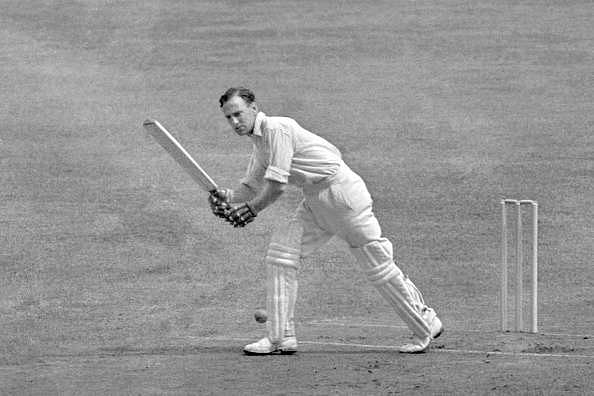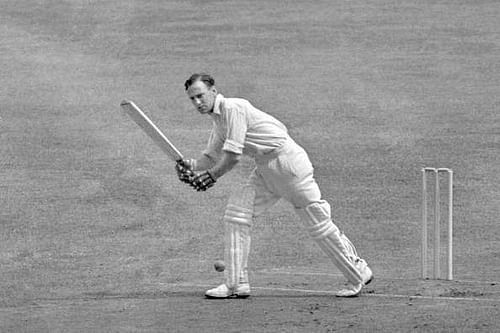
Top 6 underrated classics

We have all been watching Test cricket for years now. Quite a few of us fiercely defend the format by discussing its nuances, talking about the memories of great matches and performances, and reeling off statistics that only Test cricket can manage to imprint in our memory. However, give this a thought. Almost every major batting performance that we can recall instantly are centuries and massive scores.
They may or may not have been the finest knocks technically. They may have come against weak attacks on flat decks. But somehow they seem to be the ones we manage to think of the moment we try to reminisce. Is this because of the excessive importance we give to 100s, 200s and ‘daddy’ hundreds? Or is it that we are just wired to forget the lower scores – however significant they may have been?
There have been innumerable instances of ‘small scores’ proving to be extremely crucial in the final outcome. Batsmen have produced high-quality performances on treacherous tracks against some of the toughest bowling attacks. These knocks may or may not have won the matches but have certainly left an impact that many massive scores would struggle to. Perhaps what sets these performances apart is the vital extra dimension – the context.
In this piece, I highlight some ‘small’ but exceptional batting displays that deserve a lot more recognition than they have got so far. Obviously, this is not an exhaustive list. I have attempted to pick a variety of contexts when these innings were played. Some were played in a hopeless cause with the rest of the team floundering, some in adversity with the batsman struggling with an injury while a few managed to script a stunning turnaround in fortunes for their team.
#6 Len Hutton – 62 v Australia, Brisbane, 1950
The Yorkshire great has numerous records to his credit and exceptional Test stats. His 364 at The Oval in 1938, a world record for 20 years, still remains the highest score by an English batsman. Hutton’s finest display, however, came in the 1950 series in Australia.
England were going through a rough run against their arch rivals in the years after the war. A 4-0 drubbing at home by Bradman’s ‘Invincibles’ in the Don’s final series was followed by a rough start down under. On a tricky Gabba wicket, England did well to keep Australia down to a modest 228. A heavy downpour over the next day turned the wicket into a minefield.
Playing on a ‘sticky dog’ (as rain-affected uncovered wickets were referred to) was next to impossible as the bounce and pace could be highly unpredictable. England, who were unlucky to bat when the pitch was at its worst, declared their first innings at just 68/7 with the hope that they could bowl Australia out quickly and bat in better conditions. The ploy initially seemed to work as Australia crumbled to a shocking 32/7 with Alec Bedser and Trevor Bailey wreaking havoc.
Lindsay Hassett, the Australian captain, put England in a spot by declaring at that stage setting the visitors a challenging target of 193. Hutton attempted what Bradman had done in Melbourne in 1936-37 by reversing the batting order. However, the strategy did not quite work out as expected. England’s top 7 fell for single figures and they were reduced to 46/8. Hutton, however, was resolute.
He looked assured and confident in trying conditions and scored a superb unbeaten 62 with seven fours. England never threatened and were bowled out for 122 to lose by 70 runs. Harold Pinter, the famous playwright, captured Hutton’s mastery best. When asked to pen a poem, Pinter wrote, “I saw Len Hutton in his prime, another time, another time”. This was undoubtedly Hutton’s prime.